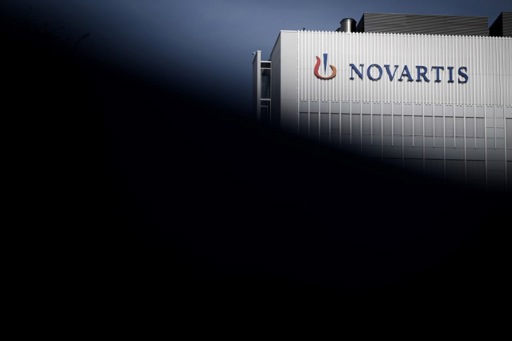The Belgian Competition Authority has fined pharmaceutical firm Novartis €2.78 million for abuse of dominance, the competition watchdog announced on Tuesday in a press release.
The case revolves around the pharmaceutical products Lucentis - produced by Novartis - and Avastin - a cheaper competing drug - and their use by ophthalmologists to treat age-related macular degeneration.
According to the authority, between November 2013 and the end of 2015, Novartis held a collective dominant position with Roche, another Swiss group, on this market.
It claimed that Novartis continued to warn ophthalmologists, hospitals and regulatory authorities about the risks of off-label use of Avastin even after the publication of studies that no longer allowed it to do so without qualification or reference to the scientific uncertainty created by these studies.
The authority therefore considered these communications to be misleading as per the case law of the Court of Justice of the European Union.
Novartis denies indulging in anti-competitive practices
Novartis and Roche were fined €444 million for the same reasons in 2020 by the French competition authority. Italy had earlier fined the two companies a total of €182.5 million.
In Belgium, Test Achats had filed a complaint since the end of 2014 with the Belgian Competition Authority. However, the case took much longer than in France and Italy.
According to the Belgian Competition Authority, this was partly because the investigation had been halted for a while pending a ruling from the Court of Justice.
Novartis said it was disappointed with the authority’s ruling.
"We strongly refute all allegations made by the Belgian Competition Authority regarding alleged anti-competitive practices,” it said. We have strongly contested these allegations from the outset and are confident that we have acted correctly and in accordance with competition law and the interests of patients at all times.
“We are carefully reviewing the decision and considering our next steps.”
Novartis added that it strongly believes "that the off-label use of a medicine for an unauthorised indication is a threat to the legal and regulatory framework that exists today."

